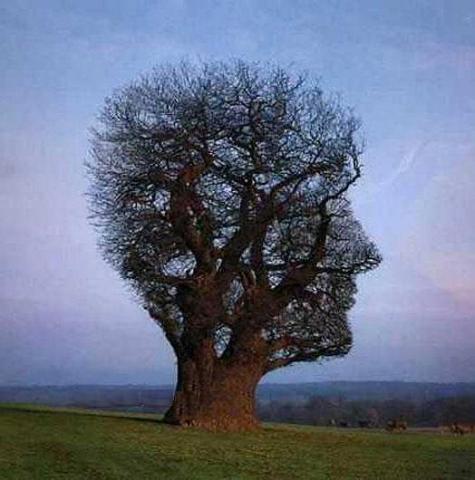Philosophy
Phillosophical Points of View & Major Thinkers
For this course, a scholar may choose for study one of the following major philosophical thinkers or major philosophical viewpoints. In case the direction of the scholar"s research is such that the study of a philosophical thinker or viewpoint other than those listed here would enrich his research, he is permitted to take that for this course. Socrates, Plato, Aristotle, Descartes, Spinoza, Leibniz, Locke, Berkeley, Hume, Kant, Hegel Nietzsche, Karl Marx, Wittgenstein, G.E. Moore, Bertrand Russell, Gilbert Ryle, Austin, A.J. Ayer, P.F.
Phenomenology and Existentialism
Phenomenolgical Method: Reduction, Constitution and Destruction in Brentano, Husserl, Merleau Ponty, Heidegger, Nietzsche, Sartre and Derrida. Consciousness and Intentionality: Husserl, Nancy, Zizek and JN Mohanty. Genetic Epistemolgy: Blanchot, Heidegger, Merleau Ponty and Foucault. Existentialism and Humanism: Sarter, Levinas, Heidegger and JLMehta.
Contemporary Trends in Philosophical Analysis
The concept of language in the philosophy of Wittgenstein. Meaning and Use. Symptom and Criteria. The Speech Act analysis of language: views of Austin and Searle. Names and Natural kind terms; view of Quine, Ryle, Strawson, Donnellan, Putnam and Kripke. Ethics and Language: Moore: Natural and Non-natural Properties; `Good` as a simple notion. Stevenson: Disagreement in belief and in Attitude; Persuasive Argument. Universalizability, Moral Argument, Reason in Ethics: Views of Hare and Toulmin.
Theory of Knowledge
Some Methodological Questions.
(a) Analysis and Philosophy
(b) Philosophy and Argument Scepticism and Rational Justification for Knowledge; A Historical Perspective. (a) Academic vs. Pyrrhonian Scepticism (b) Contemporary Philosophy Scepticism about Senses/Objects and the Problem of Perception. (a) The Problem (b) The Argument from Illusion
Pagination
- Previous page
- Page 4
- Next page
